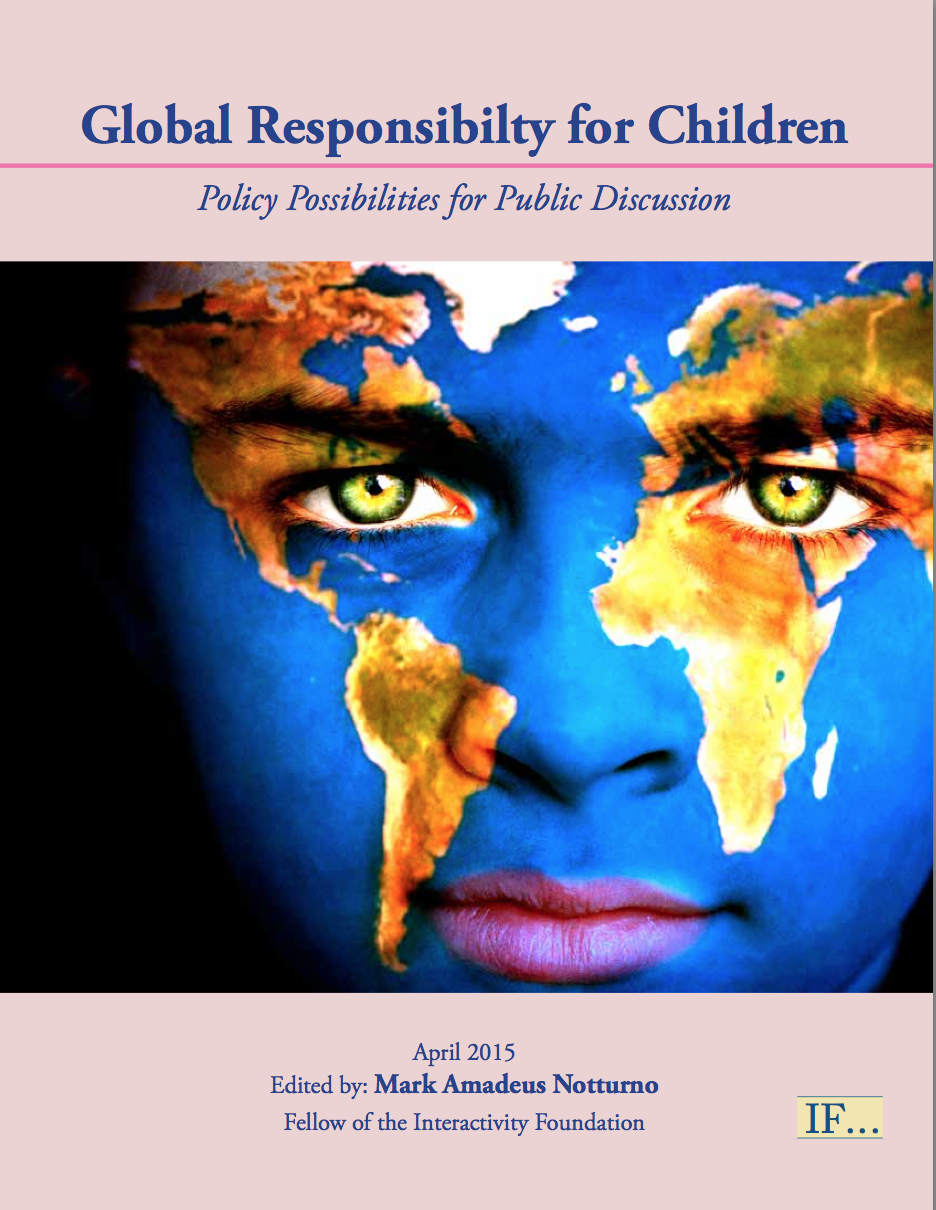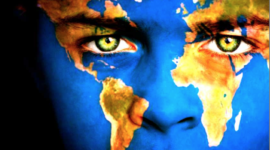Global Responsibility for Children

Children are, almost by definition, the most vulnerable social group in our global society. They are often among the first victims of social crises: be they humanitarian crises arising from natural disasters, military crises arising from wars and other international conflicts, political crises arising from revolutions, human rights crises arising from abusive political regimes, psychological and physiological crises arising from sexual molestation and child abuse, or family crises arising from the divorces, breakups, and crimes of their parents. Children have been neglected, abandoned, and even killed by their parents and caretakers—both in myth and real life.
But what, exactly, is a child? Should we regard everyone under a certain age as a vulnerable child? Or everyone over that age as a responsible adult? And what are children vulnerable to? What does it mean to assume responsibility for a child? What are the different dimensions of such responsibility? How can a political convention, or a state, protect children when the world around them has been torn by war, natural disasters, or the breakup of their families? Or, how can we protect the human rights of children when they are in conflict with the beliefs, values, and traditions of their families, societies, and cultures? How can we know what is in the best interest of a child?
This discussion guide presents seven different policy possibilities as starting points for further discussion and possible responses to some of these questions.
The seven policy possibilities in this discussion guide:
A. Protect Our Children
B. Educate Our Children
C. Let Children Be Children
D. Let Parents Be Parents
E. Hold Governments Responsible
F. Act in the Best Interests of the Child
G. Cultivate Global Citizenship



